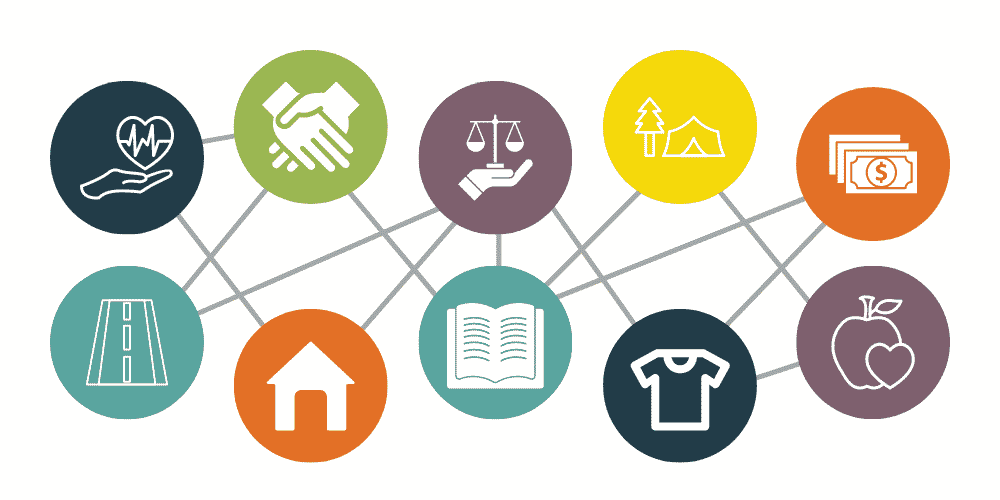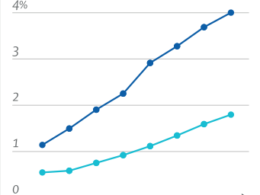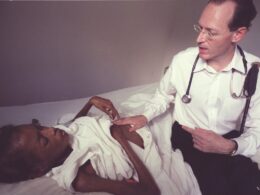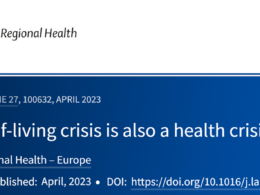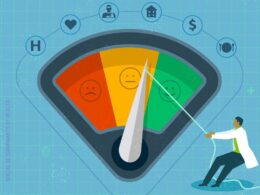This is a republication of the article “Offline: Changing the argument for health”, with the title above, highlighting the topic in question.
The Lancet
Richard Horton
July 01, 2022 (visiblenetworks)
Site version edited by
Joaquim Cardoso MSc.
Continuous Health Transformation
Institute for better health, care, costs and universal health
July 1, 2022
One institution that has thrived, despite the UK’s reputational implosion (see last week’s Offline), is Chatham House.
Also known as the Royal Institute of International Affairs, Chatham House is a globally respected independent policy centre that conducts research, promotes dialogue, and generates ideas to advance decision making for some of the most intractable issues in foreign affairs.
Rob Yates leads Chatham House’s Centre for Universal Health. His predecessor, David Heymann, established Chatham House as an important voice in global health.
Yates is continuing to sharpen his centre’s influence. This month, he launched a major new project — the Chatham House Commission for Universal Health.
Yates is continuing to sharpen his centre’s influence. This month, he launched a major new project — the Chatham House Commission for Universal Health.
Co-chaired by Helen Clark (former Prime Minister of New Zealand) and Jakaya Kikwete (former President of Tanzania), the Commission plans to investigate whether multiple crises afflicting the world today can be harnessed to trigger a wave of political commitment to universal health.
Note: universal health, not universal health coverage. The omission of the word coverage signifies a more capacious vision for health.
…the Commission plans to investigate whether multiple crises afflicting the world today can be harnessed to trigger a wave of political commitment to universal health.
Note: universal health, not universal health coverage. The omission of the word coverage signifies a more capacious vision for health.
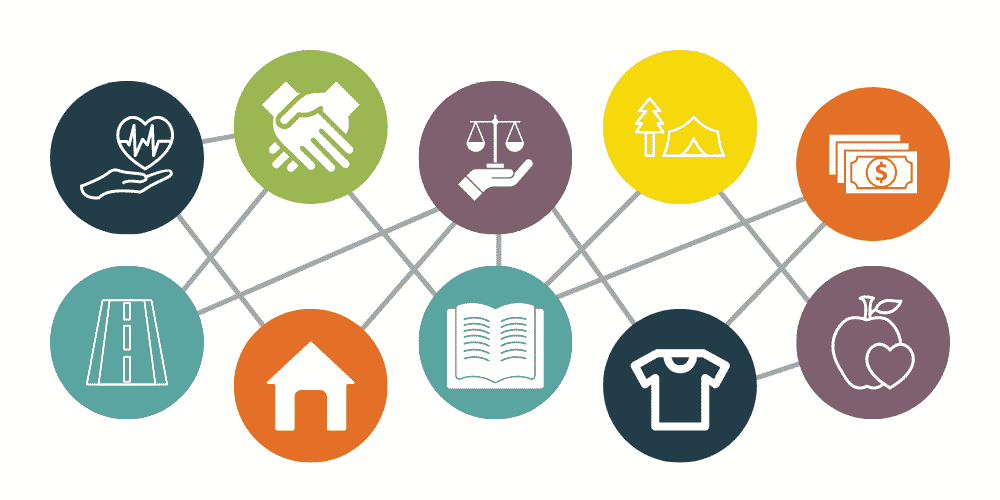
This Commission is only concerned with strengthening health systems. It also wants to address the broader determinants of health — social, economic, environmental, and commercial.
The commissioners are drawn from diverse experiences
- Winnie Byanyima (Executive Director, UNAIDS),
- Richard Branson (Chair of Virgin Group), and
- Mariana Mazzucato (Professor of Economics, UCL), among others (I am also a commissioner).
This Commission is not only concerned with strengthening health systems. It also wants to address the broader determinants of health — social, economic, environmental, and commercial.
The Commission will work over the next 2 years to “inspire political leaders in all countries to increase their political and financial commitments to health, both domestically and multilaterally”.
The Commission will work over the next 2 years to “inspire political leaders in all countries to increase their political and financial commitments to health, both domestically and multilaterally”.

Some critics might argue that yet another Commission is unnecessary.
Surely we know enough to avoid wasting years of further academic preaching.
Three Lancet Commissions have set out strategies for achieving universal health coverage.
In Global Health 2035: a World Converging Within a Generation, Dean Jamison and Larry Summers described how a “grand convergence” — an end to preventable infectious, child, and maternal mortality …
… — provided an opportunity to use the fiscal space created by economic growth to curb non-communicable diseases and to begin the path to “progressive universalism”.
Jamison and his team of economists and health experts argued that universal health coverage could be achieved by 2035.
A pandemic, a war, and the resultant global economic hangover means this date is now out of reach.
But the core elements of their argument remain valid. Two Lancet Global Health Commissions have added new energy to this vision.
Margaret Kruk and colleagues’ 2018 Commission on High Quality Health Systems emphasised that coverage alone was not enough.
Quality had to be central to our conception of universal health.
Kara Hanson and coauthors’ 2022 Commission on Financing Primary Health Care underlined the political leadership necessary …
… to turn an abstract call for universal health coverage into concrete investments for primary health care services.
Clark and Kikwete could do worse than read and incorporate these three Commissions into their own work.
Margaret Kruk and colleagues’ 2018 Commission on High Quality Health Systems emphasised that coverage alone was not enough. Quality had to be central to our conception of universal health.

Two arguments used for taking health systems more seriously are,
- first, that health is a human right and,
- second, that realising that right means investing in the “building blocks” of a health system — workforce, services, medicines, financing, information, and governance.
The rights-based case for health does not easily persuade political leaders, who have to choose between competing entitlements.
Meanwhile, “building blocks” focus exclusively on inputs, which are seen as costs by sceptical finance ministers.
What matters more are outputs and outcomes.
The rights-based case for health does not easily persuade political leaders, who have to choose between competing entitlements. Meanwhile, “building blocks” focus exclusively on inputs, which are seen as costs by sceptical finance ministers.
What matters more are outputs and outcomes.
What do we want a health system to achieve for individuals, communities, and societies?
At a minimum, to protect the lives of women and children, to avert millions of preventable deaths from chronic diseases, and to support multilateral initiatives (such as the Global Fund) that control epidemics of infectious disease.
What do we want a health system to achieve for individuals, communities, and societies?
At a minimum, to protect the lives of women and children, to avert millions of preventable deaths from chronic diseases, and to support multilateral initiatives (such as the Global Fund) that control epidemics of infectious disease.
These human asks, which can be readily understood by a public anxious about where their taxes are being spent, must be twinned with the economic dividends that come from these lives saved.
These human asks, which can be readily understood by a public anxious about where their taxes are being spent, must be twinned with the economic dividends that come from these lives saved.
The devastating impact of COVID-19 proved that countries severely underinvested in health.
Now is a moment to appeal to the best instincts of political leaders.
Clark, Kikwete, and their Chatham House Commission have something important to say.
The devastating impact of COVID-19 proved that countries severely underinvested in health. Now is a moment to appeal to the best instincts of political leaders.
DOI: https://doi.org/10.1016/S0140-6736(22)01210-7
Originally published at https://www.thelancet.com
Names mentioned
Rob Yates leads Chatham House’s Centre for Universal Health.
His predecessor, David Heymann, established Chatham House as an important voice in global health.
Co-chaired by Helen Clark (former Prime Minister of New Zealand),
and Jakaya Kikwete (former President of Tanzania)
Winnie Byanyima (Executive Director, UNAIDS),
Richard Branson (Chair of Virgin Group), and
Mariana Mazzucato (Professor of Economics, UCL), among others (I am also a commissioner).
Dean Jamison and Larry Summers
Margaret Kruk and colleagues’ 2018
Kara Hanson and coauthors




